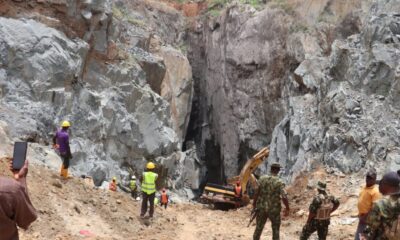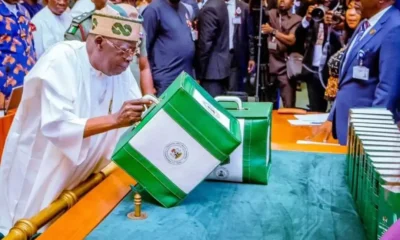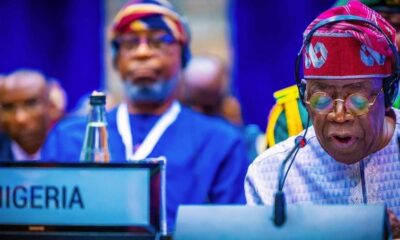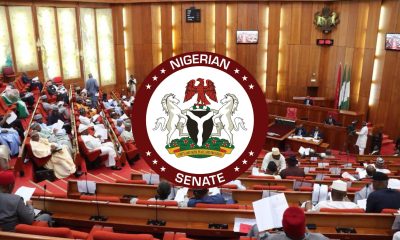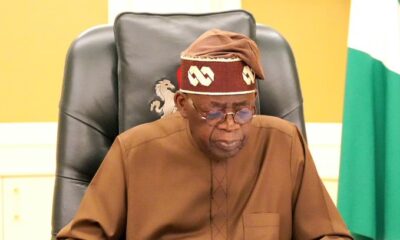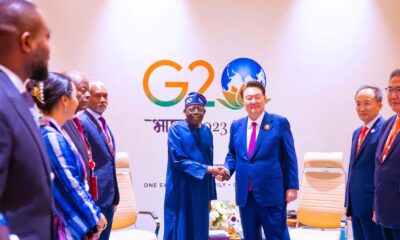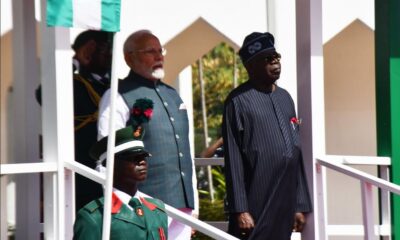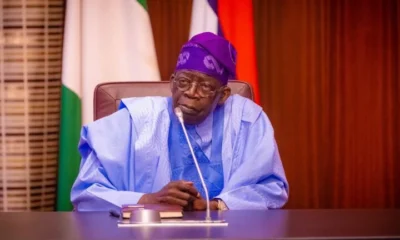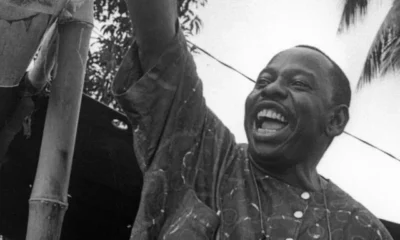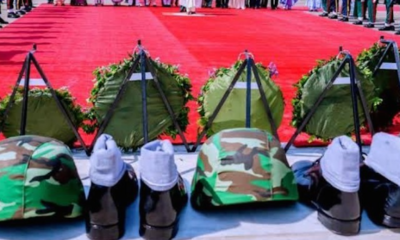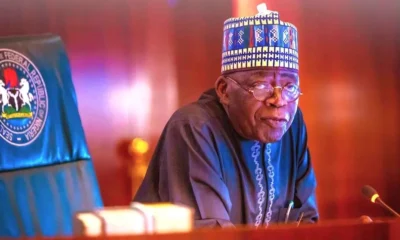NEWS
What President Bola Tinubu’s June 12 address means for Nigerians
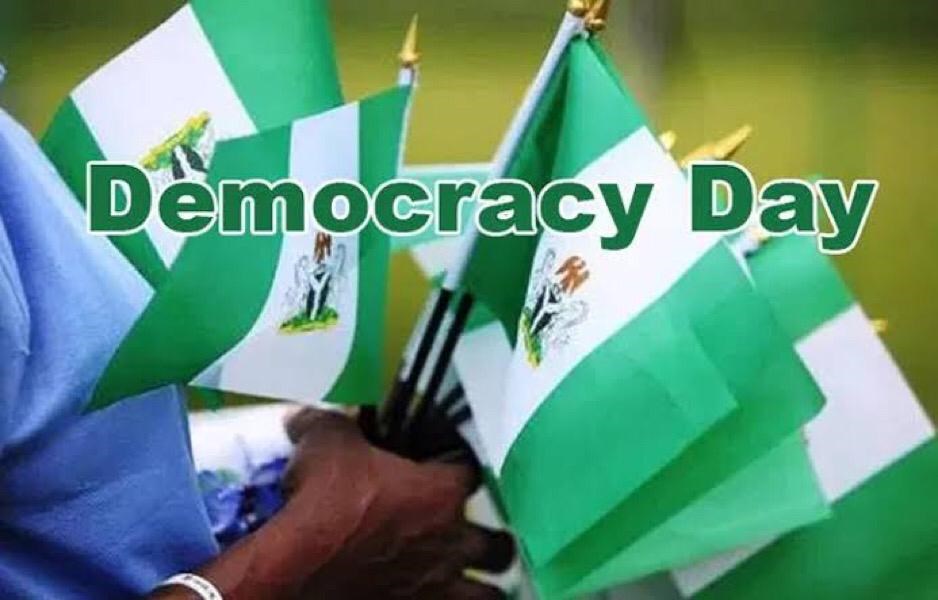
In a national address marking Democracy Day on June 12, President Bola Tinubu commemorated Nigeria’s 25 years of uninterrupted democratic governance while acknowledging the nation’s economic challenges and outlining his administration’s plans for reform and unity.
A Tribute to Democracy and Its Heroes
President Tinubu began by honoring the memory of those who sacrificed their lives for Nigeria’s democracy, including Chief MKO Abiola, his wife Kudirat, General Shehu Musa Yar’Adua, and others who fought against military dictatorship. He emphasized the importance of remembering the contributions of pro-democracy activists and journalists who resisted oppression and played pivotal roles in the nation’s democratic journey.
The Journey and Commitment to Democracy
Highlighting Nigeria’s progress since the end of military rule in 1999, Tinubu stressed that democracy is more than just holding elections; it is a way of life that includes freedom of thought, expression, and peaceful resolution of differences. He noted that despite the complexities of democracy, it remains the best form of governance, urging Nigerians to continue supporting democratic principles.
Addressing Economic Challenges

Acknowledging the nation’s economic difficulties, Tinubu outlined the need for significant reforms to create a stronger foundation for growth. He pointed out that Nigeria’s over-reliance on oil revenues has led to economic imbalance, necessitating the reforms his administration has initiated.
“The reforms we have initiated are intended to create a stronger, better foundation for future growth. There is no doubt the reforms have occasioned hardship. Yet, they are necessary repairs required to fix the economy over the long run so that everyone has access to economic opportunity, fair pay, and compensation for his endeavor and labor,” Tinubu stated.
Negotiations with Labor and Minimum Wage Adjustments
Tinubu emphasized his administration’s commitment to listening to the people and engaging in good-faith negotiations with organized labor. He revealed plans to send an executive bill to the National Assembly to establish a new national minimum wage, following negotiations aimed at addressing workers’ demands without resorting to conflict.
“In the face of labor’s call for a national strike, we did not seek to oppress or crack down on the workers as a dictatorial government would have done. We chose the path of cooperation over conflict,” Tinubu explained, highlighting the importance of reasoned discussion and compromise in a democracy.
A Call for Unity and Forward Movement
President Tinubu urged Nigerians to remain united and committed to the path of democracy, emphasizing that the nation’s greatness will be achieved through collective effort and perseverance. He invoked the words of American President Franklin Roosevelt, stating, “There are many ways of going forward. But only one way of standing still,” to inspire action and progress.
“The initial rays of a brighter tomorrow now appear on the early horizon. An abundant future and our capacity to achieve that future lie within our reach. Democracy and the institutions it begets offer to take us to our profound destination. Let us board this progressive train together. Together, let us move Nigeria forward,” Tinubu concluded.
Implications for Nigerians
President Tinubu’s address for June 12 underscores a commitment to uphold democratic values and pursue economic reforms despite the hardships they may cause in the short term. His call for unity and cooperation signals an inclusive approach to governance aimed at overcoming current challenges and achieving long-term prosperity.

